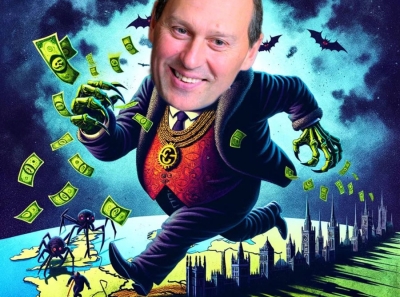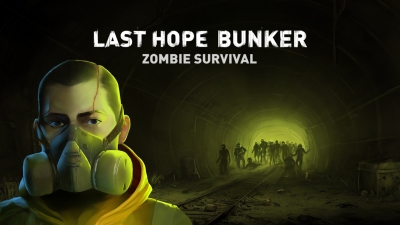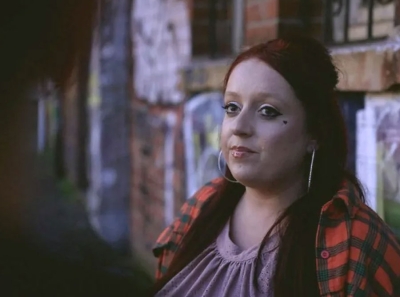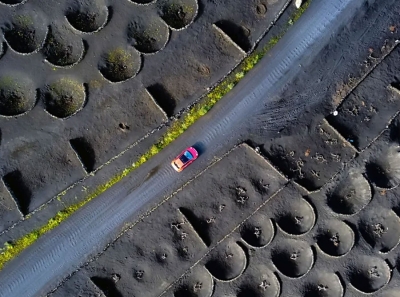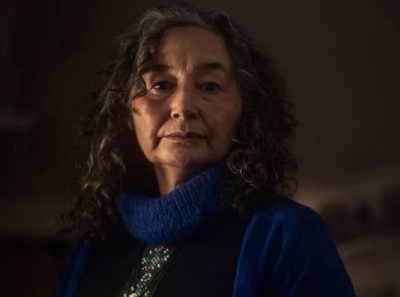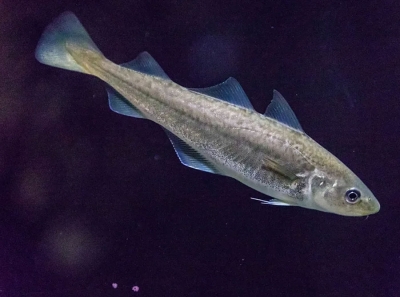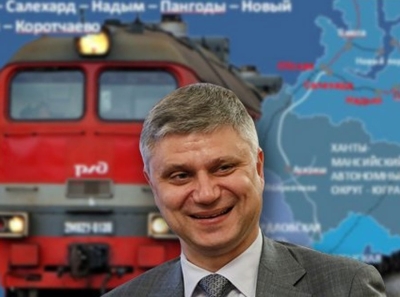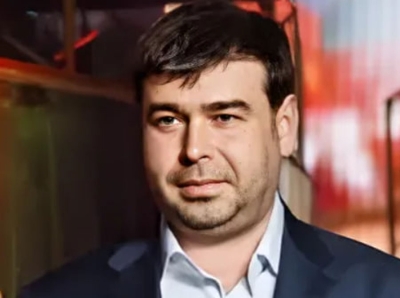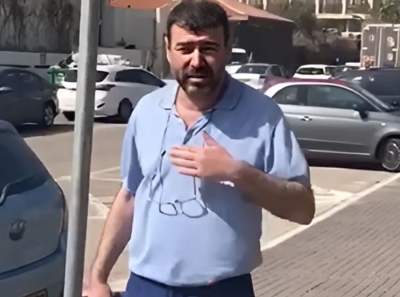Ten years of Pope Francis: what has he changed?
For ten years now, the Argentinean Jorge Mario Bergoglio has presided as Pope Francis over the Roman Catholic Church and its approximately 1.4 billion members worldwide. From the start, he presented himself as a pontiff whose priority is to help the poor. Europe’s press takes stock of Bergoglio’s achievements during his first decade.
True solidarity with the poor and the outcasts
Pope Francis has initiated an admirable turnaround in the Church, says Corriere del Ticino:
“Bergoglio has passionately brought into the Curia his life as a citizen of the global South, whose poorest neighbourhoods he knew for decades, and thus acquired the ability to speak to the poor. ... His choice of the name Francis, with its direct reference to the dimension of poverty, and of Lampedusa as his first destination as pontiff are a confirmation that we are unlikely to ever see another pope with such an innate and authentic predisposition to care for those he calls ‘the outcasts’.”
Hard times for the Church
The pope won’t be able to stop the loss of power of his Church, Correio da Manhã observes:
“Mario Bergoglio is celebrating his tenth year as pope, but there is little cause for rejoice. The institution of the Church continues to lose influence, both politically and socially. And worse still, it is overshadowed by sin. No one listens to Francis either on the subject of the Ukraine conflict or his constant warnings about the plight of the migrants. The fight against abortion has been lost and the fight against euthanasia is heading in a similar direction. With the sexual abuse scandals, a never-ending horror story, one of the darkest chapters in the history of the institution has been written.”
Leading the fight against child abuse
Pope Francis has shown courage and skill, Le Soir writes in praise:
“He has initiated several reforms, including that of the Roman Curia. He has set out to fight the ‘clericalism’ that creates a gap between the faithful and the clergy. ... History will remember that the fight against child abuse in the Church took on a concrete form under Francis. ... Not only priests but also high dignitaries are now being brought to justice. ... A person is to be measured by the size of their task. The one that falls to Francis is immense. This pope — who is not beyond the odd blunder — has shown great talent in trying to master this balancing act.”
Clearly not a European
Writing in LRT, political scientist Rosita Garškaitė-Antonowicz analyses Francis’ stance on the Ukraine war, which has been criticised by many:
“Certainly, the Pope sympathised with Ukrainians and helped victims, but it was clear that he had a different understanding of the conflict’s causes and a possible solution. ... A Pope from formerly communist Poland would certainly have been on our side, say those who nostalgically recall John Paul II. But we now have a Pope from Argentina who sees the war in Ukraine from the perspective of the global South, as a global conflict between imperial interests, between Russia and the West. Its consequence in Africa is a worsening food crisis. That is why Francis says an end to arms production would solve the problem of world hunger.”
